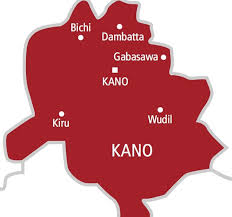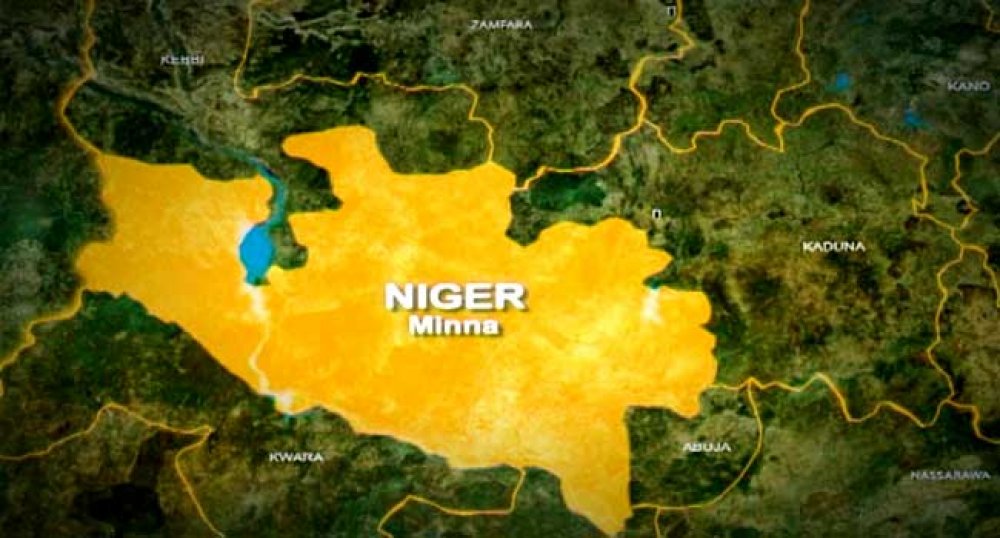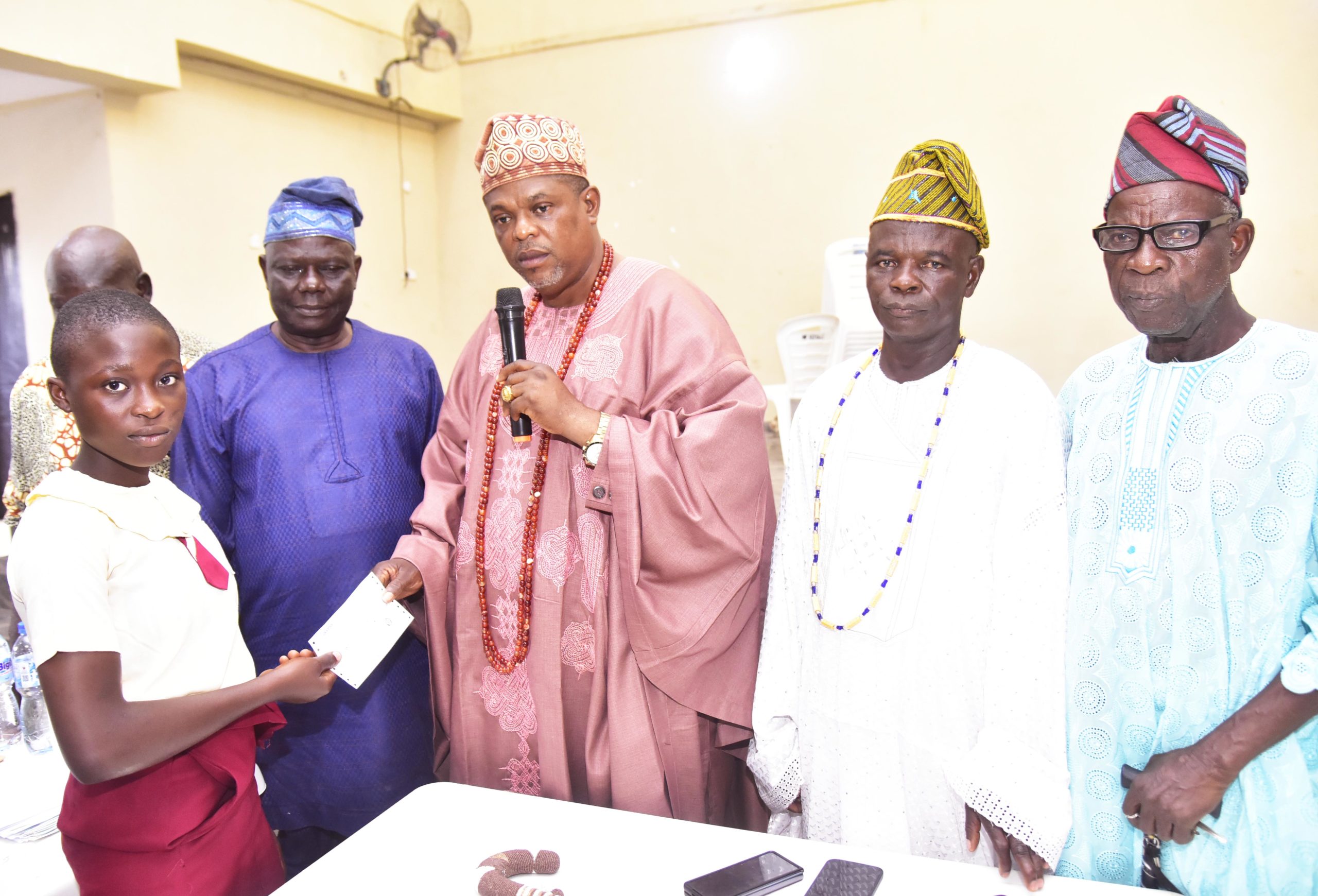NEWS
Nigeria To Stop Fuel Imports By June – Dangote
Alike Dangote, Africa’s wealthiest individual and Chairman of the Dangote Group, has disclosed that Nigeria will cease gasoline imports next month due to the strategic initiatives of the Dangote Refinery.
Speaking at the Africa CEO Forum Annual Summit in Kigali, Dangote expressed optimism about revolutionizing Africa’s energy landscape.
Dangote emphasized the refinery’s capability to meet not only Nigeria’s gasoline demands but also those of West Africa for petrol and diesel, along with the continent’s aviation fuel requirements.
He said, “Right now, Nigeria has no cause to import anything apart from gasoline and by sometime in June, within the next four or five weeks, Nigeria shouldn’t import anything like gasoline; not one drop of a litre.”
Additionally, Dangote outlined the progress made by the oil company to ensure that Africa achieves self-sufficiency in the energy sector.
He said, “We have enough gasoline to give to at least the entire West Africa, diesel to give to West Africa and Central Africa. We have enough aviation fuel to give to the entire continent and also export some to Brazil and Mexico.
“Today, our polypropylene and our polyethene will meet the entire demand of Africa and we are doing base oil, which is like engine oil, we are doing linear benzyl, which is raw material to produce detergent. We have 1.4 billion people in the population, nobody is producing that in Africa.
“So, all the raw materials for our detergents are imported. We are producing that raw material to make Africa self-sufficient. As I said, give us three or a maximum of four years and Africa will not, I repeat, not import any more fertilizer from anywhere.
“We will make Africa self-sufficient in potash, phosphate, and urea, we are at three million tonnes and in the next twenty months, we will be at six million tonnes of urea which is the entire capacity of Egypt. We are getting there.”
Dangote further elaborated on the achievements of the company since the commissioning of the refinery in February.
“For some of us, despite the boom of the capital market of the US, you know, Google, Microsoft and the rest, we didn’t participate, we took all our money and invested in Africa.
“We had this dream, just about five years ago and we said we want to move from five billion (dollars) revenue to thirty billion revenue and we made it happen. It is possible and now we have made it happen and now we have finished our refinery.
“Our refinery is quite big, it is something that we believe that Africa needs. If you look at the whole continent, there are only two countries that don’t import petroleum products which is a tragedy. They are only Algeria and Libya. The rest are all importers.
“So, we need to change and make sure that we don’t just go and produce raw materials, we should also produce finished products and create jobs.
“One of the things we also need to know as Africans is that we produce raw materials and export them when you export raw materials and somebody now keeps importing things into your continent and dumping goods. what you are importing is poverty and exporting jobs. So, we have to change that narrative.
“We just commissioned in February and now we are producing jet fuel, we are producing diesel and by next month, we will be producing gasoline.
“What that would do is that we would be taking most of the African crude that is being produced and also be able to supply not only Nigeria, because our capacity is too big for Nigeria, but it would also supply West Africa, Central Africa and also South Africa.
“We have 650,000 barrels per day, 1 million tonnes of polypropylene, we have 590,000 carbon black, that is the raw materials ink, dyes and co. We are expanding more. This is the first phase and we are going out to the next phase which will start early next year,” he said.
NEWS
Kano Businessman’s Daughter Kidnapped After ₦8m Ransom Payment

In a shocking incident on Sunday morning, unknown gunmen suspected to be kidnappers invaded the home of Alhaji Auwal, a prominent businessman, in Garo Town, Kabo Local Government Area of Kano State.
The gunmen, estimated to be around 10 in number, forced their way into the residence, breaking down a door to gain entry.
An anonymous source revealed that the attackers were heavily armed, with three carrying firearms and the rest wielding other weapons.
READ MORE: Tinubu Urges Stakeholders To Join Forces To Restart Oil Production In Ogoniland
They quickly gathered the entire family in one room, instilling fear and panic in the household.
According to the source, Alhaji Auwal pleaded with the assailants to spare his family and agreed to meet their demands.
The kidnappers, who were determined to extort money, received ₦8 million from the family.
Despite this payment, the gunmen took the businessman’s eldest daughter, Zainab, a secondary school graduate, before fleeing the scene.
The whereabouts of Zainab remain unknown, and as of now, the kidnappers have not contacted the family.
This abduction comes just 48 hours after the tragic kidnapping and subsequent murder of former Gombe State Permanent Secretary, Atiku Mu’azu, who was killed by gunmen after a ₦10 million ransom was paid.
The two incidents have left the residents of Kano in shock and fear, prompting calls for increased security measures in the area.
Attempts to reach the spokesperson for the Kano Police Command, SP Abdullahi Haruna, for comment were unsuccessful as his phone remained unreachable.
Authorities have yet to make any official statements regarding the investigation.
International News
Colombia Blocks US Deportation Flights Over Migrant Treatment

In a bold move, Colombian President Gustavo Petro declared on Sunday that he would not allow US deportation flights carrying Colombian migrants to access his country’s airspace.
The left-wing leader took to X (formerly Twitter) to express his strong stance, stating, “The United States cannot treat Colombian migrants as criminals. I forbid entry to our territory to US planes carrying Colombian migrants.”
Petro made it clear that such flights would only be accepted once Washington established a protocol to ensure the “dignified treatment” of deported migrants.
READ MORE: How Trump Plans To Grow American Economy By $1 Trillion Daily
The president later confirmed in a separate post that he had already turned back US military planes that were en route with Colombian migrants on board, although he did not provide further specifics on the matter.
While AFP sought confirmation from US authorities regarding the blockade of deportation flights, no immediate response was forthcoming.
Petro’s statements come just a day after Brazil’s government voiced similar outrage over the treatment of deported Brazilians.
Brazil condemned the US administration under President Donald Trump, citing instances where Brazilian migrants were deported while handcuffed on flights, describing it as a “flagrant disregard” for their basic rights.
In his remarks, Petro emphasized that he would be open to allowing civilian US flights to transport deported migrants as long as they were not subjected to treatment “like criminals,” signaling a broader call for humane treatment of migrants under international deportation policies.
NEWS
Four Dead, Many Injured As Explosion Rocks Niger State Mining Site

An explosion at a mining site in Sabon Pegi, Mashegun Local Government Area of Niger State, claimed the lives of four individuals and left several others injured on Sunday morning.
The blast occurred as miners resumed operations, sending shockwaves through the community.
While the exact cause of the explosion remains undetermined, local residents have pointed to the poor handling of explosive devices by mining companies as a possible factor.
READ MORE: Thisday Awards: Diana Ross Arrives In Nigeria
The incident has sparked concerns about safety practices within the mining sector.
Community sources confirmed the recovery of four bodies, but authorities fear the death toll could rise.
Investigations are ongoing to establish the cause of the blast and assess the full extent of the damage.
One resident, Aminu, described the chaos that followed the explosion. “The sound was so loud that many of us thought it came from the hydroelectricity dam nearby. People panicked and ran into the bush for safety,” he recounted.
Another community member highlighted the potential role of mining operations in the tragedy.
“Mining companies here frequently use explosives during their activities, and this seems like an operational issue, not something related to terrorism,” the resident said, dismissing concerns about a security threat in the area.
As of the time of reporting, neither the state government nor security agencies have released an official statement regarding the explosion.

















